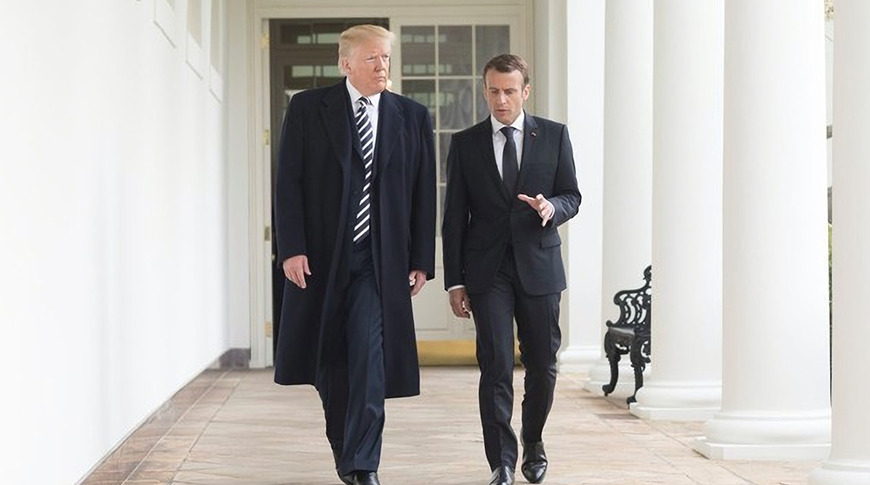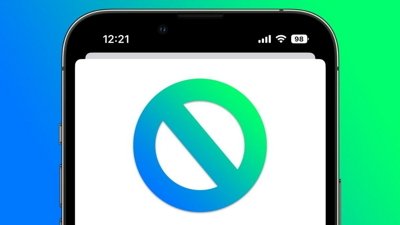France's tax aimed at internet multinational companies like Apple, Amazon, Google, and Apple, has been postponed as U.S. President Donald Trump and French President Emmanuel Macron work together to avoid a rise in tariffs.
Trump and Macron have forged a temporary truce and will postpone a tariff war until the end of 2020. Paris has agreed to suspend down payments on this year's digital tax provided that Washington would negotiate a solution, rather than threatening imposing tariffs on France.
Originally proposed in December of 2018, the so-called GAFA - Google, Apple, Facebook, and Amazon - tax, had been given a stamp of approval by the French senate in July of 2019. The tax would have been applied retroactively.
Under the measure, the 3% sales tax would be applied to sales generated in France by major multinational firms. France has pulled back on demanding the retroactive down payments temporarily, in an effort to prevent the U.S. from applying tariffs to French-made goods.
"What we're proposing is to give ourselves time and to show our goodwill, to postpone the remaining payments to December," a French Finance Ministry source said, according to Reuters.
Finance Minister Bruno Le Maire and U.S. Treasury Secretary Steven Mnuchin are due to negotiate the details in Davos, Switzerland, on Wednesday, the source added.
France has attempted to use the tax to reacquire taxes from revenue that goes through various processes by firms to reduce their outlay, such as the "Double Irish" performed by Apple. The European Union is working to reform taxes across the continent to minimize such activities, but while individual countries can apply regional laws relatively quickly, a Europe-wide measure will take longer to implement.
Major tech companies have come under fire for shifting funds around the European union to minimize their tax outlay, and in some cases funneling revenue through operations in countries with extremely low tax rates or other arrangements.
The taxes have led to criticism from various organizations, and in the case of Apple in France, led to protests in Apple Stores over the use of loopholes.
A 2016 ruling by the European Commission declared Ireland had to collect billions in back taxes from Apple, after being found to have extended preferential tax treatment to the company.
Apple has since paid the entire 13.1 billion euro ($15.3 billion) balance, as well as 1.2 billion euro in interest, into an escrow account controlled by the Irish government.
 Amber Neely
Amber Neely







-m.jpg)






 Thomas Sibilly
Thomas Sibilly
 Marko Zivkovic
Marko Zivkovic
 Andrew O'Hara
Andrew O'Hara

 William Gallagher
William Gallagher
 Christine McKee
Christine McKee
 Andrew Orr
Andrew Orr









13 Comments
We as (French) individuals would have to pay those taxes. Especially for products/services provided by such companies like Apple or Amazon, who focus on providing value to a private person. Why should those companies pay more than French companies?
This is such a BS.
Once again, creating a fake crisis, just to provide a fake solution.
The E.U. needs to do a little house cleaning here, this only happened because their own internal rules allowed Ireland to act as a rogue state. Apple and others just took advantage of that. This proposed tax is just a band aid that is not going to fix a massive underlying problem, which is that the E.U. can't police its members the way it should.
This was an inevitable outcome for Macron's utterly foolish errand. Went back to his corner.
As an aside, it's really wonderful to see the US government finally using a stick (rather than failed carrots) to deal with such silliness around the world.